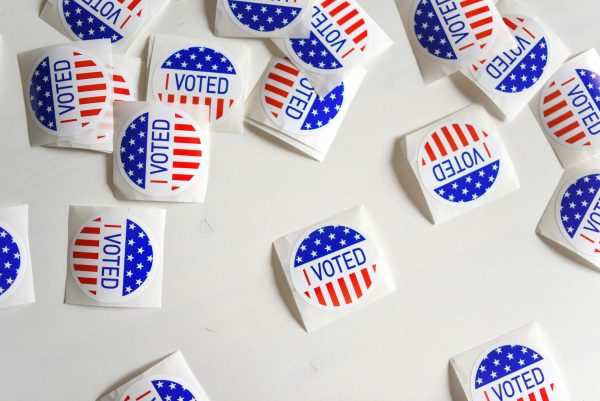Stop Asking “What Is A Woman?”
Girls are taught since childhood to be polite and ladylike. Many expect to go to school, meet a man, and have the perfect wedding with the white Cinderella dress. This commonplace occurrence is the model of raising girls. From there, women are expected to have children, be the primary caretaker of her children, and put her ambitions aside, as evident by the continuous gender pay gap. These highly traditional expectations of the gender binary are frequently used as a marker in our society. However, this is not true of all girls. As we progress further in time, the gender binary and sexist stereotypes are being addressed and changed. With time advancing, it is time to also advance our vision of women, and realize that womanhood is whatever one makes it out to be. I dislike the question “what is a woman?” What we should be asking is “what isn’t a woman?” For hundreds of years, Christianity has argued that women are cursed from the Biblical figure Eve being tempted to eat the apple. Sinners from birth, women have been shamed for a tale of human nature. The idea that an action, like Eve being tempted to eat the apple, defines her character is archaic and untrue. Women are often branded as either “fair and gentle,” or as an “evil, greedy seductress.” It is the story of the millennia to cast women apart from each other. Yet, women are not one “thing.” Black and white thinking has kept the gender binary and the damaging stereotypes that follow alive for too long. The argument that women can be sweet creatures or just “stone cold evil” is polarizing and unfair. Even though it addresses that all women aren’t sweet and gentle, giving the other option as the exact opposite leaves little room for all of the in between, and only continues to pigeonhole women. It is not women’s fault that they are pinned against each other. Media often characterizes women as desirable for certain traits. For example, in Jane Austen’s work “Pride and Prejudice,” the main character, Lizzy Bennet, is the object of Mr. Darcy’s affection because of her quick wit. Current shows and movies represent a similar theme. The female love interest is funny, conventionally attractive, flirtatious – the seemingly perfect traits to get the man. By watching this, impressionable women are easily exposed to feeling invalid for their inadequate behavior. The standard of the doe-eyed look of Zooey Deschanel or having the charming sarcasm of Jennifer Aniston is near impossible. This leaves women to fight each other to be funnier, prettier, and more flirtatious in order to stand out amongst the other girls. This defeats the purpose of what humans are. Any woman is capable of anything: being exceptional, average, or plain evil. They are capable of everything in between, like being average some days, and incredible others. Most of all, she doesn’t need a defining trait to decide her character or fate. She can be them all.
Your donation will support the student journalists of East Lyme High School. Your contribution will allow us to purchase equipment and cover our annual website hosting costs.


